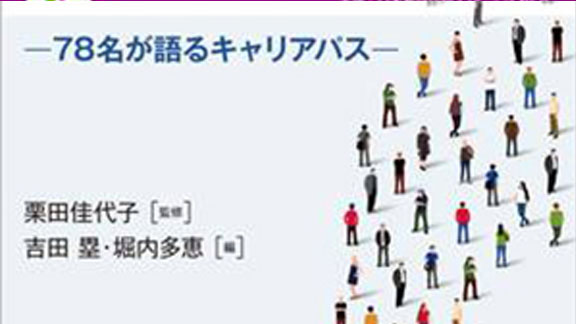Here is a brief report of our latest event and a preview of our next event.
“Interactive Teaching” Small Real Session: Part 2 “Designing a 90-min Class”
Date/Time: September 9th (Sat), 2017, 13:00–18:00
Venue: 92B, Faculty of Engineering Building 2, Hongo Campus, The University of Tokyo
Intended for: Young faculty members and graduate students and postdocs who aim to become faculty (Capacity: 20 people)
Facilitator: Nagafumi Nakamura (Center for Research and Development of Higher Education, The University of Tokyo)
Commentator: Kayoko Kurita (Center for Research and Development of Higher Education, The University of Tokyo)
1. Topic and Goal
This time, the topic was “Designing a 90-min Class.” Based on the goal, “Be able to design a class that helps students deepen their learning,” we set specific learning objectives as follows:
① Be able to explain the significance and tips of class design. (Preparation)
② Be able to improve a class by using a class design sheet (a format for class design introduced in “Interactive Teaching”). (Session)
There were 20 participants in total, which reached capacity.

Individual work
2. Summary
This program was conducted in a flipped-classroom manner, and participants worked on pre-class assignments beforehand. During the session, they first reviewed what they had learned in the preparation and then worked on exercises for improving a sample class design sheet. We also provided the participants with the “Metacognitive Reflection” as an opportunity to reflect on the design of the event itself.
(1) Preparation
All participants were asked to watch the videos for WEEK 4 of “Interactive Teaching” and read Chapter 4 of the book “Interactive Teaching” (Kawai Publishing, 2017). Also, some participants voluntarily created and submitted their class design sheets.
(2) Session
[1] Introduction (13:00–13:15)
Participants listened to the explanation of the goals, structure, and rules of the program before introducing themselves to others.
[2] Review of What the Participants Learned in the Preparation (13:15–13:45)
Participants reviewed and organized what they had learned in the preparation through group activities. They examined the significance of class design and points they should be careful of.
[3] Exercise of Improving a Class Design Sheet (13:45–15:30)
Participants conducted a group activity (i.e., poster tour) to examine what was good about the sample class design sheet and what points needed improvement. This exercise was intended to help the participants apply what they had learned during the preparation and the reviewing session. For details of the poster tour, Please refer to “4. Poster Tour,” the video of WEEK 2, and pp. 31–33 of the book “Interactive Teaching.”
[4] Wrap-up (15:30–16:00)
Participants organized what they learned, what kind of questions they had, and what they wanted to bring back to their own work through group activities and Q&A sessions.
(3) Metacognitive Reflection (16:30–18:00)
The organizers revealed their intention for the design of preparation and the session, and participants shared their thoughts on the design along the timeline. We together found out what points worked as planned, what points still needed improvement, and how they can be improved through this process.

Poster Tour
3. Participants’ Reactions
Twenty participants consisted of young faculty members, postdocs, and graduate students from various universities. According to the five-point scale question asking the degree of satisfaction (Extremely satisfied; Very satisfied; Satisfied; Not so satisfied; Dissatisfied), 44 percent of the respondents were “extremely satisfied,” and 56 percent were “very satisfied.” On holding this event, we modified the questionnaire into a more strict one by adding “Extremely satisfied” to the scale, but we are relieved to know that it was appreciated to a certain extent. We are eager to improve our events to satisfy future participants by examining the points we need to improve as indicated in the metacognitive reflection and feedback.
4. Preview of the Next Program
We are planning to hold another session on “Designing a 90-min Class” in December; the next event will be an expanded and prolonged version. Details are to be announced. We look forward to your participation.
References
Videos “Interactive Teaching”
JREC-IN website
UTokyo FD website
Book “Interactive Teaching” (Kawai Publishing, 2017)
https://www.kawai-publishing.jp/book/?isbn=978-4-7772-1794-6 (Kawai Publishing website)
Nagafumi Nakamura
(Project Researcher in charge of “Interactive Teaching” / Facilitator of this event)
















